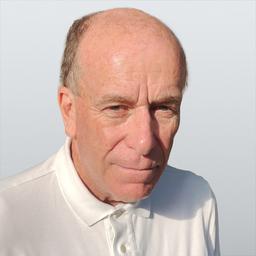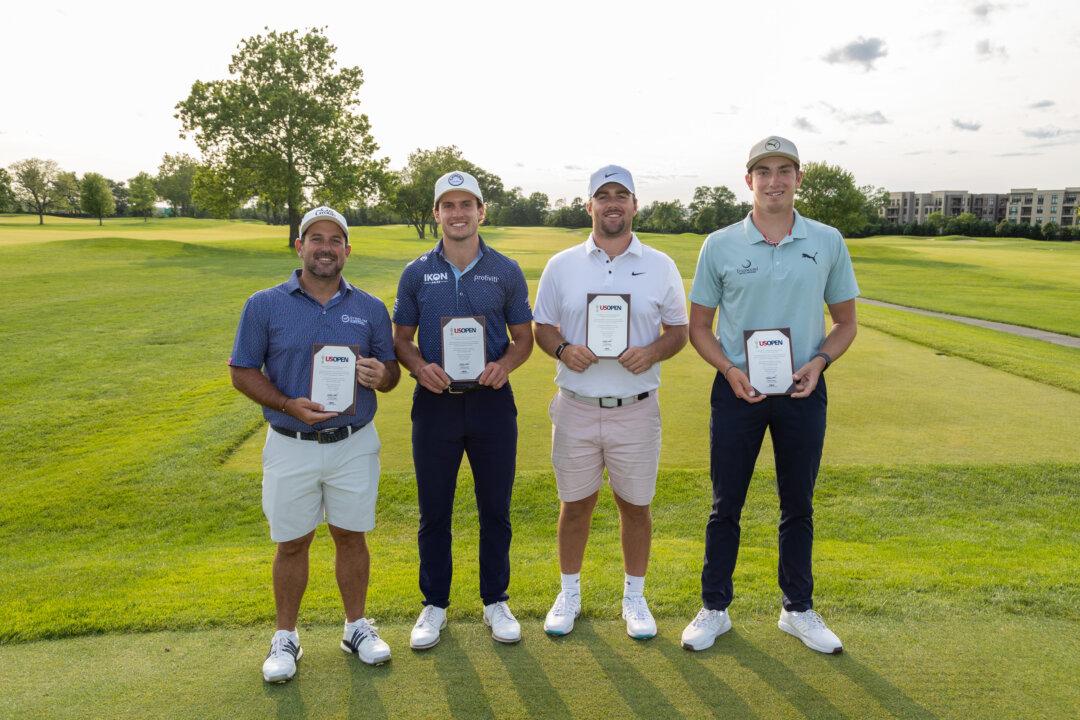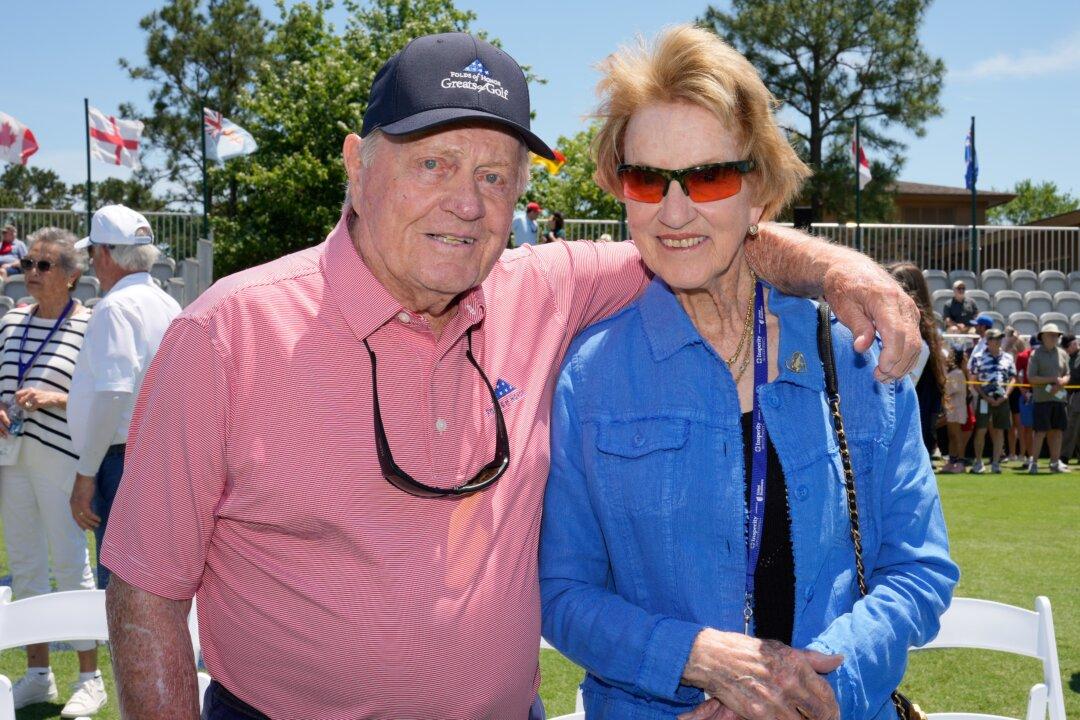SPRINGFIELD, NJ—Last week’s PGA Championship featured discussion of a key topic that the leadership of the PGA of America attempted to handle with great care. Next year’s event will be staged in North Carolina—at Quail Hollow Club in Charlotte. The issue is not about the quality of the golf course. Quail Hollow has annually hosted a PGA Tour event for years with the Wells Fargo event and is a venue praised by many of the world’s top golfers.
What’s of concern is the recent passage of a bill—HB2—that has become law in the Tarheel State. Essentially, the law permits discrimination against members of the Lesbian, Gay, Bi-Sexual and Transgender communities (LGBT). The North Carolina law, for example, would mandate that the usage of rest rooms can only be accessed by the original sex of that person at birth. Members of the LGBT community and their supporters have expressed outrage that a State would take such a clear hostile action against them in the 21st century.
The PGA of America opted to have its annual flagship event at Quail Hollow in 2010—years before the law was passed. What makes the matter more demanding for the Association is that the National Basketball Association (NBA) was planning to have its annual All-Star game played in Charlotte in 2017. The NBA decided to simply move the game out of protest from what North Carolina is doing. The NBA decided that while it may not be able to change the law directly, it can redirect its money-making efforts to locations that are clearly not against any particular group of people.






